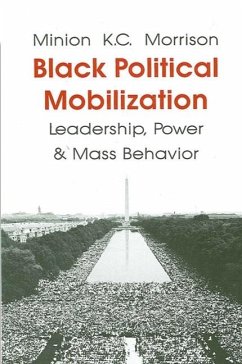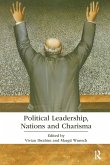Black Political Mobilization accounts for the political success of black Americans in the South. Minion Morrison returns to Mississippi, the center of much of the political activism of the 1960s, to analyze the remarkable improvement in black electoral participation in the years following passage of the Voting Rights Act of 1965. Mississippi's substantial black population has experienced marked electoral success despite a history of strict racial exclusion. The dramatic and widespread nature of mobilization there makes it one of the most illustrative case studies for exploring this period of political change in America. Mississippi represents a broader phenomenon of political change that sustains a new leadership class in the Southern region. Three rural Mississippi towns serve as the focal point for the study. They each have a population of under 2,000, have overwhelming Afro-American voting majorities, are poor and largely agricultural, have been affected by the civil rights movement of the '60s, and have elected a black mayor since 1973. The towns are prime examples of the character and process of minority electoral politics and mobilization in the rural South: A new class of black leaders is nurtured and installed in office in an environment where a newly and highly mobilized constituency takes advantage of its majority status in the electorate. This book combines good theory with lively interviews and rich case histories to highlight an essentially new variety of participatory democracy in American politics and government.
Hinweis: Dieser Artikel kann nur an eine deutsche Lieferadresse ausgeliefert werden.
Hinweis: Dieser Artikel kann nur an eine deutsche Lieferadresse ausgeliefert werden.








